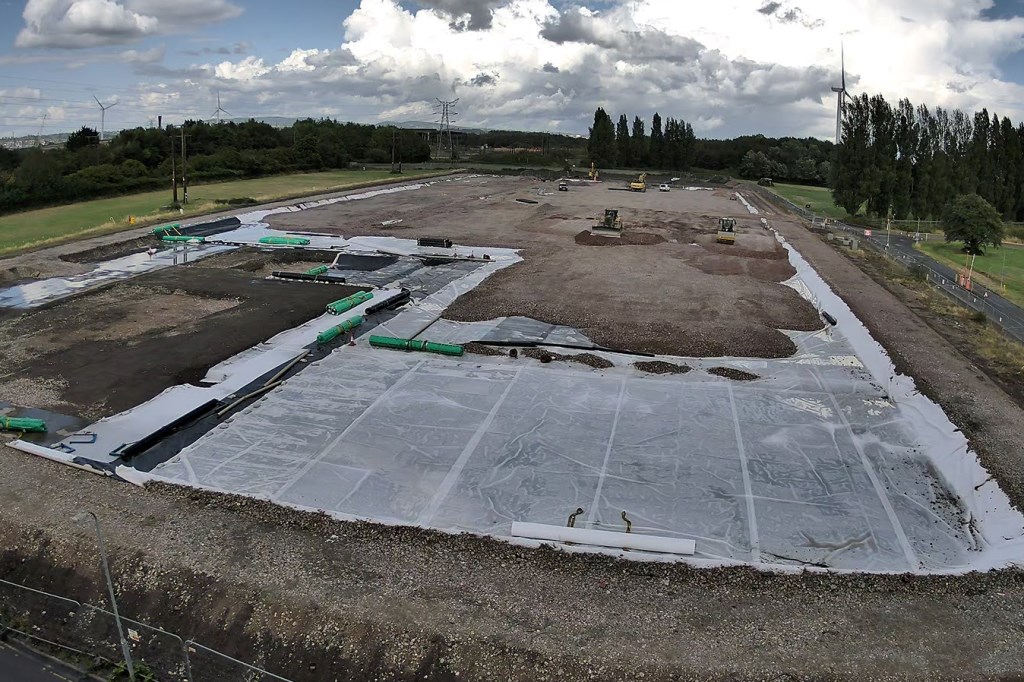
Jones Bros wins Newport battery park
Construction Index 6 months ago

layersDaily Sustainability Digest
Published about 11 hours ago
Policy across global construction is diverging. In the EU, revised Corporate Sustainability Reporting Directive rules ease near-term disclosure, while UK regulators tighten expectations for biodiversity and habitat protection to meet 2030 nature targets. Market response suggests superficial reporting no longer satisfies investors prioritising measurable outcomes in sustainable construction and environmental sustainability in construction. ESG performance is influencing asset valuation and risk rating alongside whole life carbon assessment benchmarks.
Show MorearticleFeatured News

US Eyes Rollback of Protections For Critically Endangered Whale
43 minutes ago

UK organic food and drink market doubles in a decade to almost £4bn
5 hours ago

First 100 schools install Great British Energy-funded solar panels
5 hours ago

CSRD Omnibus: EU gives final green light to scale back reporting
12 hours ago

Feared EU Procurement Rules Won’t Impact UK Firms - British Chambers of Commerce
13 hours ago

Trust Premier Property Management – A name to that’s been trusted for two decades
13 hours ago
play_circleFeatured Videos

What’s next for the plastics industry?
2 days ago

$35 Billion Could Save 4.2 Million Lives Every Year
7 days ago

The hidden drivers enabling the circular economy
9 days ago

How a Mechanical Battery Could Prevent Deadly Blackouts
16 days ago

Circular Snapshots: Competitiveness, critical minerals & textiles EPR
16 days ago

Improving efficiency, safety and carbon performance using modern methods of construction
20 days ago
podcastsFeatured Podcasts

Scaling Regenerative Agriculture and Carbon Markets with Indigo Ag’s A.J. Kumar
21 hours ago

Is Greenhushing more dangerous than Greenwashing?
23 hours ago

Using AI & Drones to Improve Facility Operations with Austin Rabine
1 day ago

The critical minerals crunch: How do we secure the future of clean energy?
2 days ago

What’s next for the plastics industry?
2 days ago

Inside Smart, Futureproofed Workplaces with Cisco’s Bob Cicero
2 days ago
Get your opinion heard:
Whole Life Carbon is a platform for the entire construction industry—both in the UK and internationally. We track the latest publications, debates, and events related to whole life guidance and sustainability. If you have any enquiries or opinions to share, please do get in touch.
WLC Assistant
Ask me about sustainability











